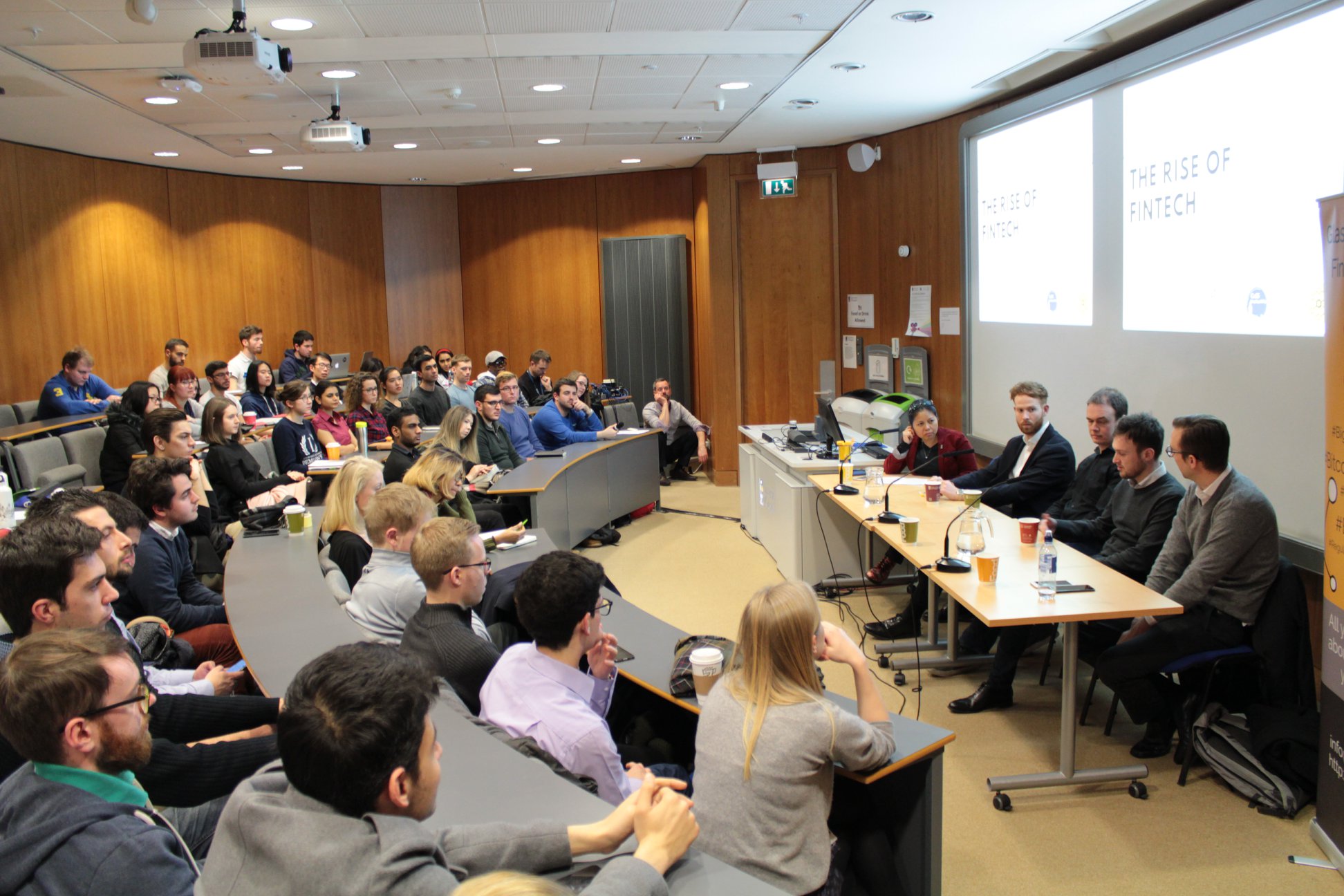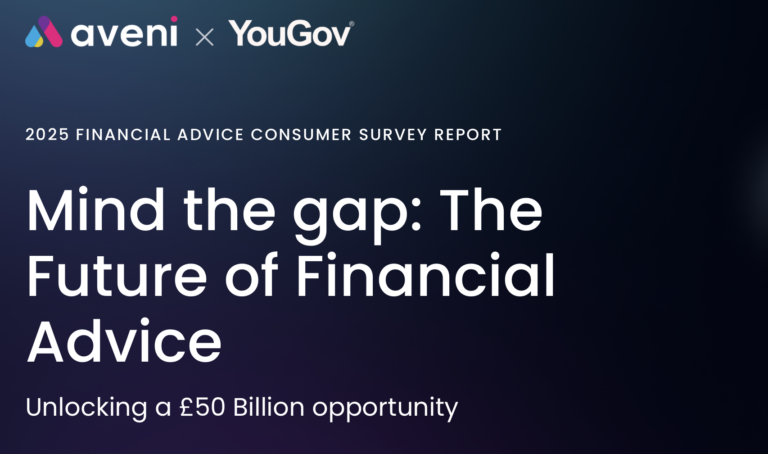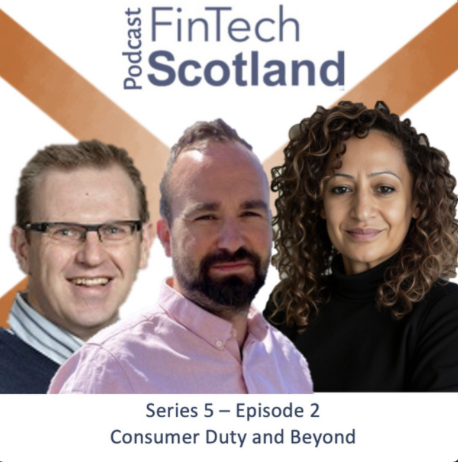Students from Glasgow University FinTech Society tackle consumer vulnerability through Design Thinking

The economic landscape within which financial services operate is changing at a dramatic pace. The population is getting older, more complex financial products are available, home ownership has decreased, internet is now widespread but still some people never use it.
As a result, the Financial Conduct Authority (FCA) recently highlighted how over the next few decades the number of consumers in vulnerable circumstances will rise dramatically. Therefore, the archetype of the typical consumer’ ”“ the one that makes rational decisions on the basis of a comparison between costs and benefits ”“ on which consumer protection policies and financial products are based should be abandoned in favour of a more inclusive and realistic paradigm which takes into account non-standard needs.
This picture of the future prompted a discussion, here at Glasgow University FinTech Society, and we came to realise, thanks to the pivotal contribution and guidance from Nicola Anderson (”‹Strategic Development Director at FinTech Scotland”‹), the need for running an event that made students aware of consumer vulnerabilities and the opportunities that technology offers to design financial services in a more inclusive and accessible manner.
We thought that the most effective way of doing so was to organise a workshop which could allow students to learn by experience what vulnerability is, how it affects consumers and financial services, and what the latter can do to tackle this.
We came up with a two-day-long workshop centred around the use of the Design Thinking method. Various teams of students will have to find a solution for a consumer vulnerability issue with the aim of driving social impact by analysing future vulnerabilities and designing products and services for the future, which will make a difference to real people today. All teams will have to pitch their ideas/solutions in front of a panel of judges at the end of the two-day session.
After hearing our President, Elisabetta Trasatti, and Vice-President, Andreea Musat, present this idea at the December FinTech Consumer Panel (launched by FinTech Scotland in September 2019) some of its members enthusiastically welcomed our endeavour and offered their support. Coming from a vast range of sectors, among which regulatory bodies and charities, they helped shape the challenge during the past few weeks and will be part of the judging panel at the event.
It has also been of great importance the cooperation with Adam Smith Economics Society, one of the oldest student societies at University of Glasgow. Thanks to the collaboration of President Leon Zussner and his team, we have been able to reach a wider audience and we managed to organise such an important event.
Our “Make Financial Services Work” event is scheduled for February 20”‹ and 21”‹ and it will be held at Tontine, the business incubator of Glasgow City Council, located in Glasgow’s Merchant City.



